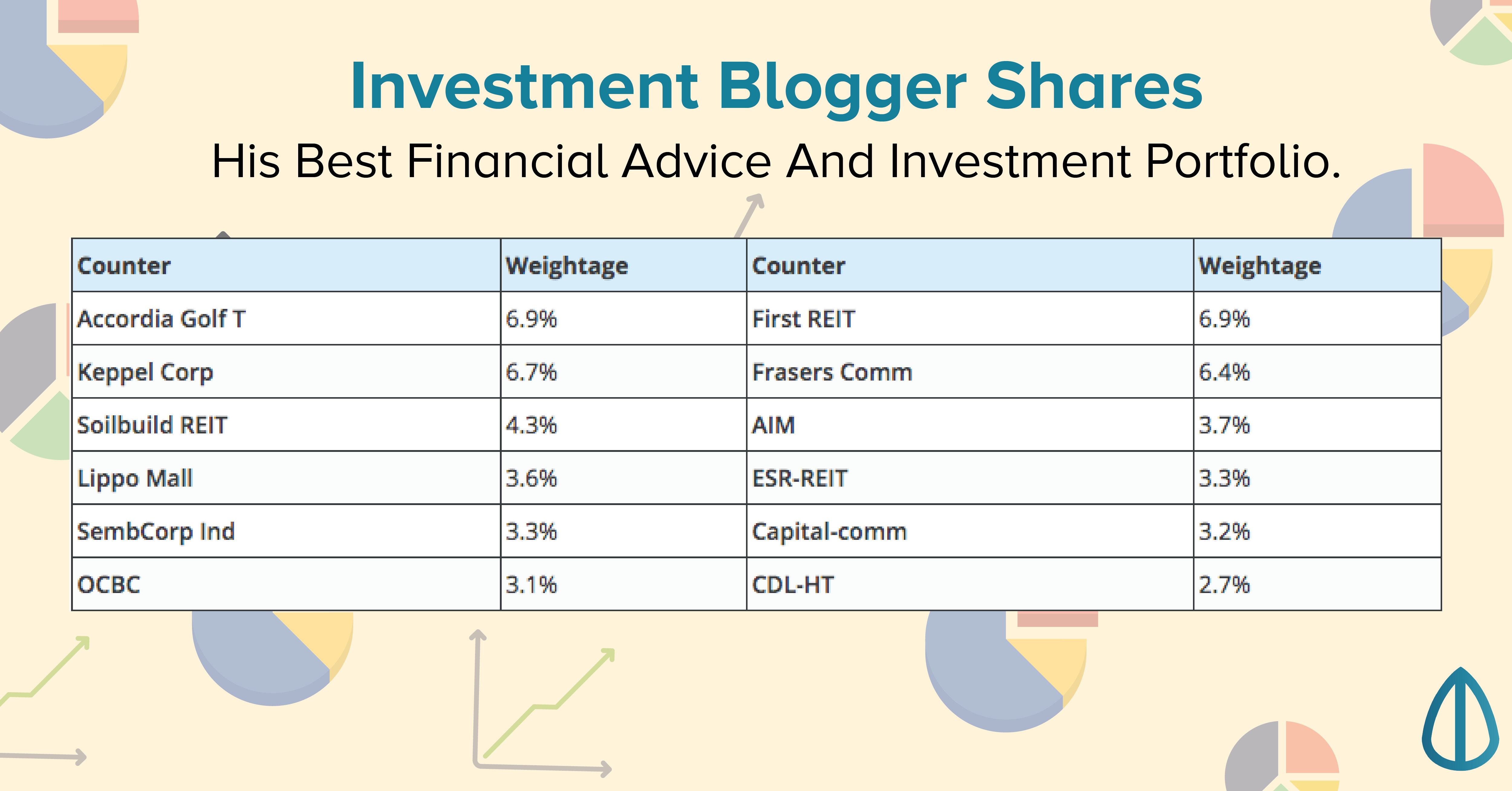Advertisement
Anonymous
Is the outcome of a full investment Investment-Linked Plan dependent on the company or the financial advisor with whom I sign with? Or would an endowment plan be better/ safer?
Thinking of investing my money to accumulate wealth but I really cannot be bothered to understand the many terms surrounding investment so please do not tell me to read up on investment. I am about 30 this year.
8
Discussion (8)
Learn how to style your text
Reply
Save
Michael Wong
25 Aug 2020
Seedly Student Ambassador 2020/21 at Seedly
Don't buy into the idea of an all in one policy. Hence, don't buy an investment linked policy.
You should be de-compartmentalising your plan to secure the 2 different goals which are investment and protection.
If you would like to invest, get unit trusts. It's what your ILPS invest with except the main difference is that you'll be facing a much larger cost in an ILP. Also, there are unit trusts which are not sold by your insurer's ILPs so you're getting less choice right there. Your advisor are also able to recommend you unit trusts directly, just don't get caught out by their rates. (negotiate for your own rates.)
For your protection needs, if you would like to cover for life, get a life plan! Alternatively, if you don't want to cover yourself for life and to pass down a lump sum upon death to your children at 99 years old, then maybe get a term plan instead.
At the end of the day, you get to hit both these 2 goals at a much lower cost.
And for the last part on endownment, it is safer in that sense for a typical layman. Why? Because when getting an endownment, you have a guaranteed portion (MAKE SURE YOU GET A CAPITAL GUARANTEED, there are those non capital guaranteed endownments which arent good), and a non- guaranteed portion. Whereas all the other forms of investments do not guarantee your capital.
Reply
Save
Hariz Arthur Maloy
25 Aug 2020
Independent Financial Advisor at Promiseland Independent
Hi Anon, it would be the Financial Advisor mostly as they are managing the investment allocation and...
Read 1 other comments with a Seedly account
You will also enjoy exclusive benefits and get access to members only features.
Sign up or login with an email here
Write your thoughts
Related Articles
Related Posts
Related Posts
Advertisement









Hey there!
The short answer is both. It's less straight forward from the company side since it depends on the fund manager of the fund but let's use this analogy:
You go to a well-known Michelin restaurant with a good track record hoping for a really nice meal. The waiter comes up to you, ever ready to serve you, attentive to your needs and is intuitive to what your preferences. He advises based on what the restaurant is famous for and his vast knowledge of what's available in the menu and tries to offer a dish based on your preference. He takes your order and serves you. Upon tasting the dish, you realize that it's just as what the reviews and track record says.
The company has a list of funds offerable to the public. Some have proven track records (you can probably find out from your advisor; if he doesnt know, then ditch him) that can be seen on their websites. I said it's dependent on the company (but not directly) because the fund manager collaborates with the insurer so its actually dependent on the fund manager involved.
Your advisor is responsible for managing your investment. He should know your allocate your investment based on your risk appetite. He should be updating and reviewing the performance of it. He should be knowledgeable and have a proven track record with his clients. He should be performing fund switches at opportune times to capitalize on market opportunities or to insulate your portfolio. How the fund does is entirely out of his control but he is accountable for how he reviews and services you.
An endowment plan will be great if you have very low risk tolerance and it's great for meeting a guaranteed need eg. child's education. But in this low interest rate environment, you may want to take a step of calculated risk and find ways to grow your wealth. All the best!
Financial planning is an integral part of life. You can reach me here to find out more.